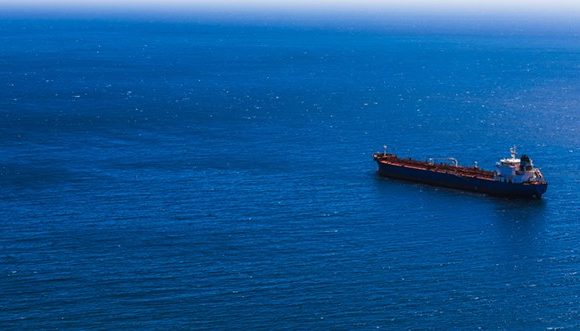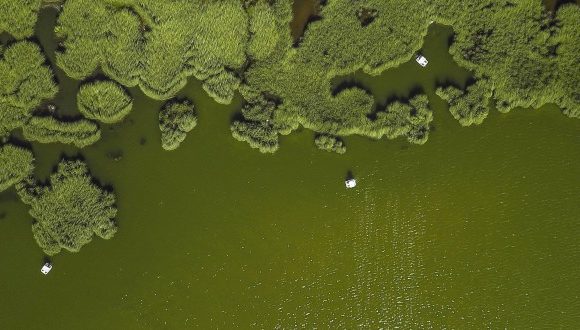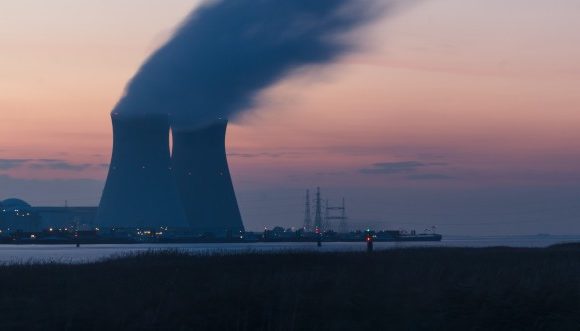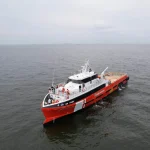Marine Pollution: What’s Really Causing It?
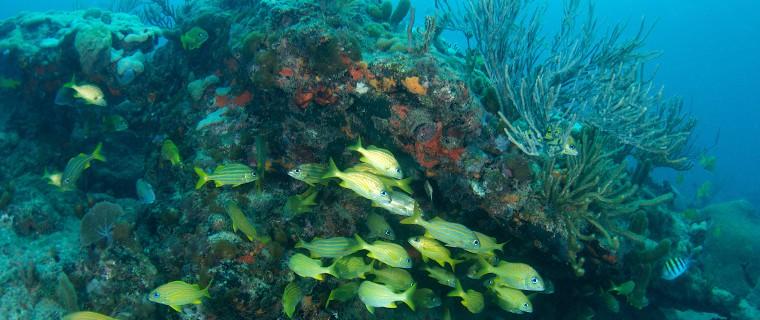
The problem with marine pollution is no new subject. The world has been suffering from the increasing number of waste being thrown into the oceans and seas, and its effects are already being felt not only by marine life but also by the same people who put these wastes into our bodies of water.
What is marine pollution?
Marine pollution is generally defined as the introduction of harmful or poisonous substances such as oil, agricultural waste, plastic and chemicals into the ocean or sea.
According to studies, the leading causes of ocean pollution include industrial waste, sewage, thermal pollution and nuclear waste.
What are the main causes of marine pollution?
Industrial waste
With industrialisation happening rapidly around the world, it’s no surprise that chemicals from industries are becoming major pollutants in ocean waters.
Although illegal, a lot of companies still dump their waste materials, fertilizers and other farm products into the ocean affecting the water’s pH level.
Over time, this change in the water’s acidity will make it hard for both plants and animals to survive in their natural habitat.
Sewage
The wastewater that’s transported into an areas sewer system is mostly composed of human waste, used water and even animal waste.
When sewage finds its way into the ocean water through a faulty sewer system, it results to marine pollution that will eventually affect aquatic creatures once they consume them. This sewage waste may even cause serious health problems to humans who ingest seawater when swimming in them.
Thermal pollution
Thermal pollution occurs when the temperature of the ocean water increases due to the dumping of hot water into streams and oceans by industrial companies and power plants.
This sudden change in temperature usually results in the reduction of oxygen supply, which in turn affects the ecosystem underwater. Since most organisms and aquatic plants are used to a certain temperature, this abrupt change may cause them to die due to thermal shock.
Nuclear waste
Radioactive materials are widely used in the medical and industrial fields. Unfortunately, a lot of these industries still don’t have a proper way of disposing these materials, which turn to nuclear waste that can easily contaminate kelp and plankton affecting the marine ecosystem immensely.
What can we do to “fix” marine pollution?
With the world’s oceans being so wide and deep, a lot of us would never have imagined that one day, the effects of dumping chemicals and trash on it would be seen and felt.
The one thousand mile wide belt of plastic trash and that dead zone in the Gulf of Mexico that appears each summer are proof that marine pollution is already taking its toll on us.
Through the years, several international agreements and laws have been passed to forbid the dumping of harmful waste into the ocean. Implementing these rules, however, remains a huge challenge to many countries.
But we can still do something to help lessen this waste through recycling and reusing plastic to minimise pollution.
Click here for more on marine pollution.

